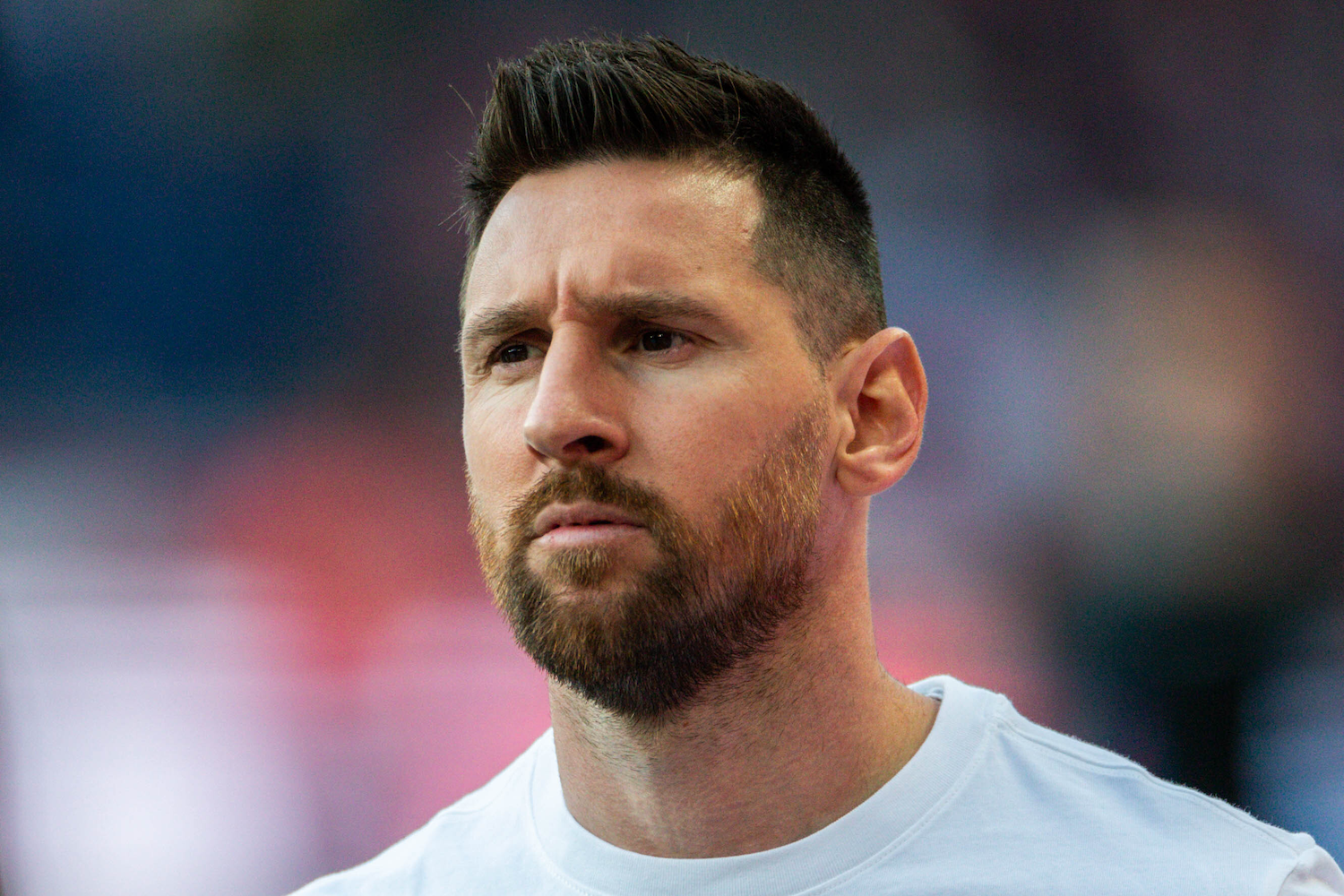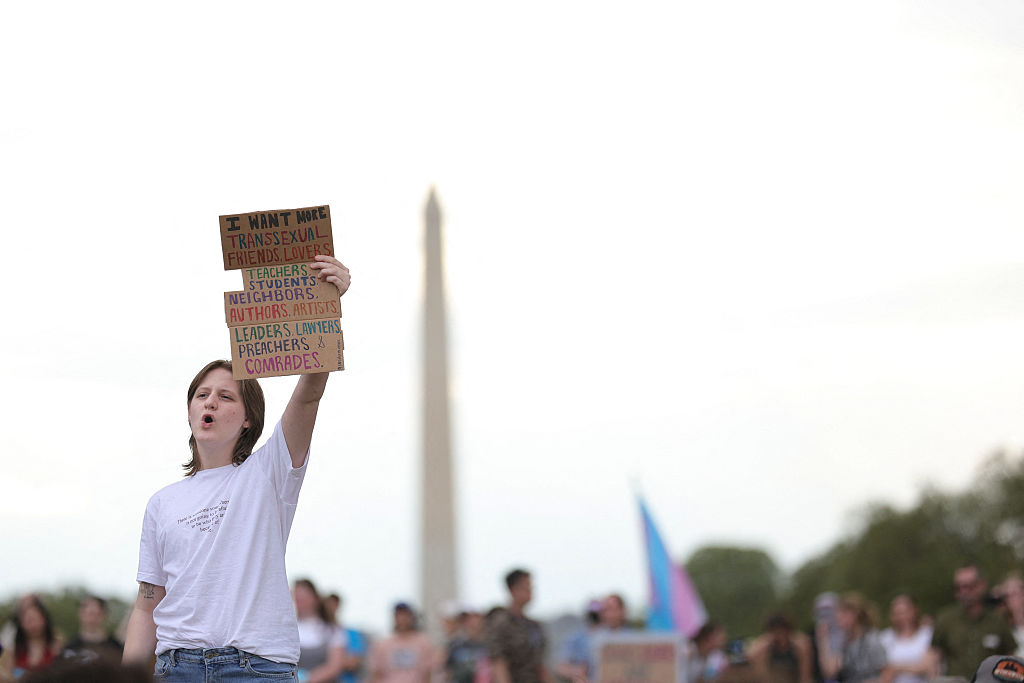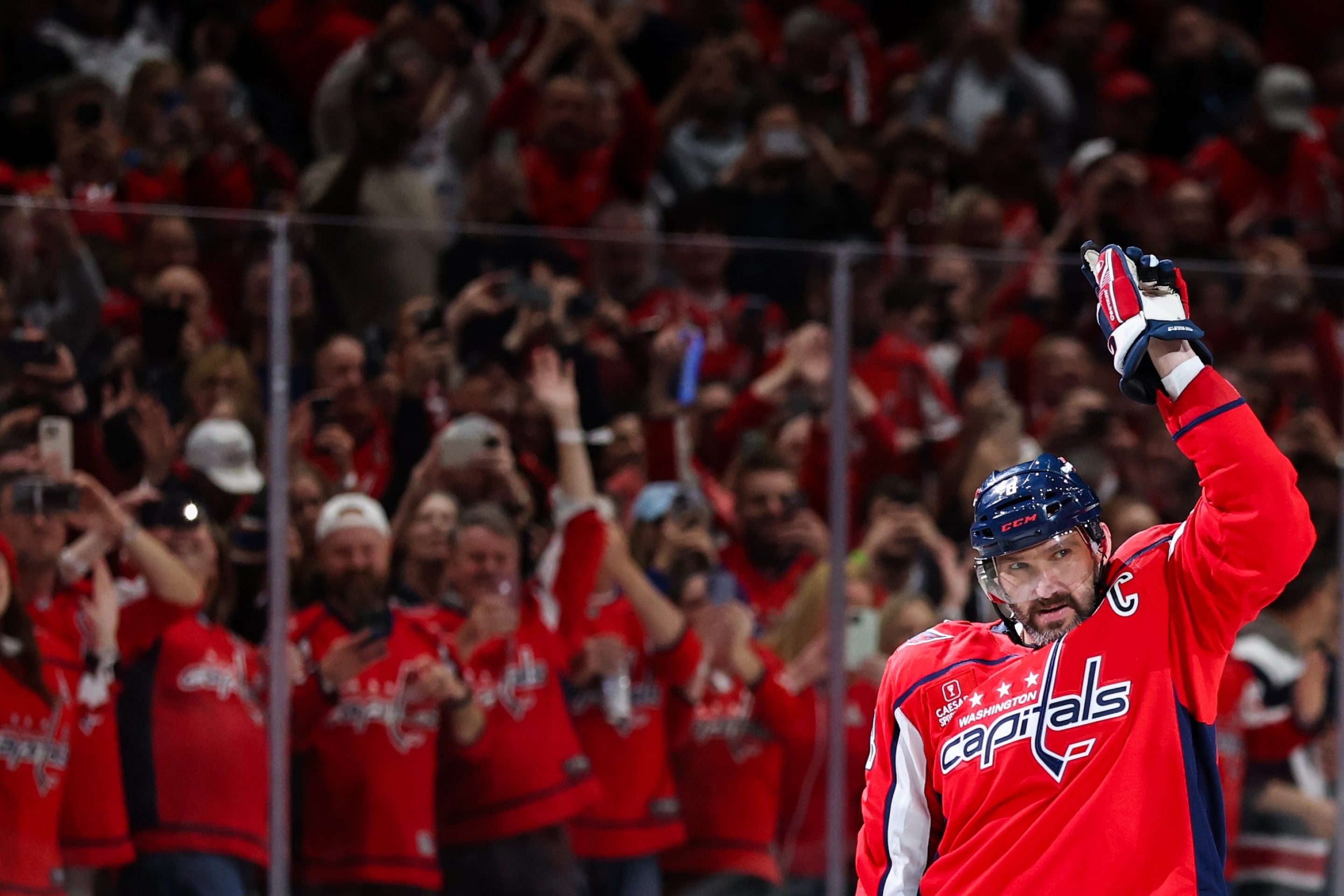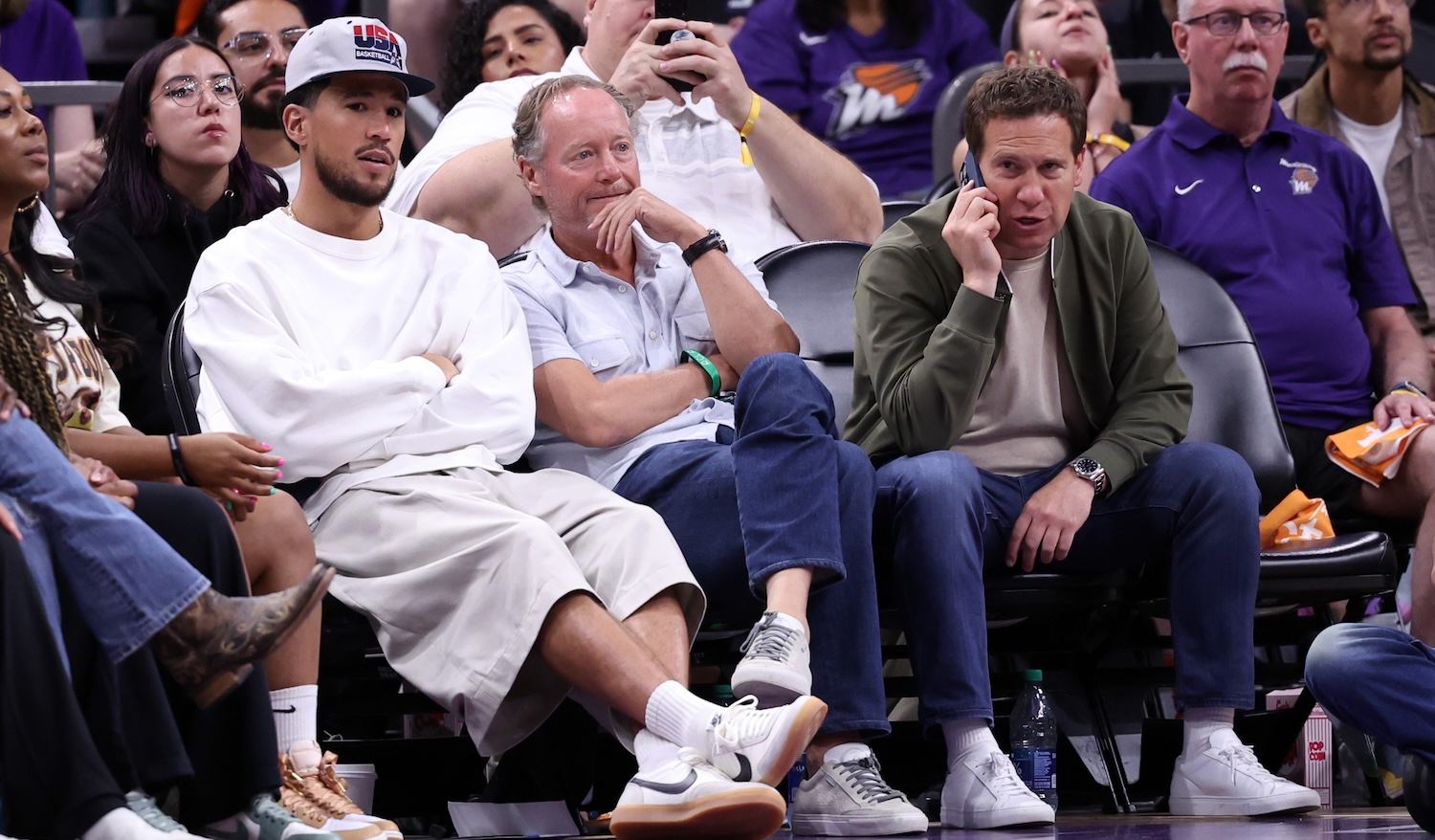However much anybody might want to present Barcelona's campaign to bring back Lionel Messi as some terribly complex affair, it's really very simple. Barcelona can't sign Messi until after it has made some player sales to create some income it can spend under La Liga's Financial Fair Play rules. Meanwhile, Messi has alternatives. That's really the whole thing.
Following the reporting on this effort can feel like riding a roller coaster, except at the end of each news day you look up and realize that, actually, nothing has happened. Months have passed since Messi's intention to leave Paris Saint-Germain became clear, weeks and weeks since Barcelona's desire to bring him home went from rumor to open pursuit, and every day begins and ends in the same place: Messi has a formal offer on the table from the Saudi club Al Hilal, offering a gargantuan salary figure reportedly somewhere between €300 and €600 million per season, and no official offer from Barça. So far he has not yet signed the former, reportedly in hopes that the latter can materialize soon.
All that really changes from hour to hour or day to day is who, exactly, Barcelona and its media exponents blame for the lack of actual news. Before Monday, La Liga was the primary villain of the narrative, posed as dithering—perhaps maliciously?—over Barça's financial viability plan instead of giving the green light for the club to begin transfer operations. Jorge Messi, Leo's father and agent, has been a secondary bad guy, reportedly pushing his son to take the Saudi money. As of Monday, though, La Liga (reportedly) has approved the plan—to hear the club's press apparatchiks tell it, this clears away all the formal obstacles—and Leo still hasn't come to Barcelona.
Now the story is Messi's (and his father's) supposed impatience: Messi's camp wants to get this done now, he isn't willing to give poor Barcelona the time it needs just to pull together a formal offer, he won't wait even just a few days or weeks for the sake of returning to the club of his life. Spanish media personality Gerard Romero, one of the club's loudest mouthpieces, has been screeching Aguanta Messi!—hold on, Messi!—for weeks.
🗣️ @JijantesFC: “Messi wants to make a decision now, either to return to Barça or choose another path - but, as per Jorge Messi, the player is tired of the whole situation (deciding which club” #Transfers 🇦🇷
— Reshad Rahman (@ReshadRahman_) June 5, 2023
Seems like Jorge Messi is definitely pushing for Leo to accept the offer from Saudi Arabia. We just have to hope Leo goes with his heart and with his wife & kids. But it will need some patience to get this done.
— TalkFCB © (@talkfcb_) June 5, 2023
🚨💣 Barça believe that if Messi waits a little longer, they will be able to SEAL his signing in the coming WEEKS, not days. @tjuanmarti
— barcacentre (@barcacentre) June 5, 2023
What's obscured in all this is what, exactly, Messi is being asked to hold on for. Soccer clubs and media love to portray player transfers as choices made unilaterally by the clubs, but they're not, and the player sales Barcelona must make to clear space for registering new purchases might not happen at all.
For months it's been an open secret that Barcelona wants to sell, at the very least, Ansu Fati, Ferran Torres, and Franck Kessié, in addition to virtually all of the half-dozen loaned-out players due to return to the club this summer. The sale of the 20-year-old Fati in particular—because he is a Barcelona academy product whom the club paid no transfer fee to acquire, and because even after having lost nearly all of the previous two seasons to injuries and surgeries he remains a highly regarded young talent—could likely clear enough FFP space all on its own to facilitate much of Barça's summer transfer agenda. But none of those players yet have agreed to leave, and none of them have to, and nobody can report on any actual progress the club has made toward persuading any of them.
Which is to say, all Barcelona president Joan Laporta has to offer Messi at this point is the mere hope that the club can, at some point between now and when the summer transfer window closes, put itself in position to tender him a contract it could actually register under league rules. Since that hope hinges, at this point, on the sale of players who've shown no interest in leaving, the effort very likely will involve some amount of the nasty public pressure Laporta marshaled against Ousmane Dembélé and Frenkie de Jong last summer, in—here's the key part—failed attempts at forcing them out. Even a successful campaign along these lines could take all summer, and could get very ugly before it's resolved.
That's a pretty shitty choice Messi is being asked to make! To stick around in limbo, with the question of where his family will live and where his three kids will go to school left unresolved indefinitely, while the broke, derelict club that so clumsily fumbled its last attempt at signing him to a contract makes every ugly open effort to throw a down-on-his-luck academy kid—who so far as anyone has reported wants only to stay at the club he loves—out of a moving car. With no guarantee that it can actually complete the job. And all so that Messi can play one deeply discounted season in Spain, at the crummy little alternative stadium that will host Barça next season during construction of a new Camp Nou, before either taking what by then will be a reduced offer to join Al Hilal or going into semi-retirement with Inter Miami in the MLS.
(None of this, notably, even gets into the question of whether forcing out a bunch of useful-to-good younger players with years of good soccer ahead of them in order to bring in even a uniquely beloved 35-year-old for one season is a good idea for Barcelona from any but the very most shortsighted perspective.)
Viewed in that light, Barça should be grateful Messi has waited even this long, flattering the club's latest shabby get-rich-quick scheme out of loyalty and the desperate hope that he can write a happier end to his blaugrana career. It's only the most recent way he's made that organization look better than it deserves. If he actually waits around long enough for them to pull it off, Laporta should—actually, never mind what he should do. The club probably couldn't afford it.






